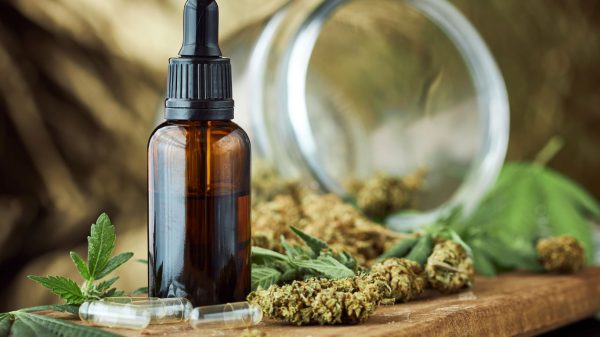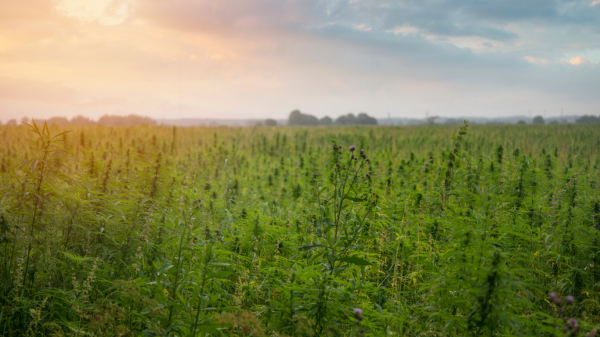Knowing the difference between CBD, THC and THCa is imperative for individuals who want to make informed choices about cannabis consumption, dosage, and potential effects. It allows users to distinguish between the psychoactive components and non-psychoactive options available, and tailor their cannabis experience to their own desires or needs. Today we are going to chat about the differences between THC and THCa. Keep reading.
What is CBD (cannabidiol)?
CBD (cannabidiol) is a non-intoxicating compound found in cannabis. CBD works with your endocannabinoid system to regulate a variety of physiological responses. It is most commonly used for its anti-inflammatory, analgesic, anxiolytic (anti-anxiety), and neuroprotective properties. Cannacopia has a wide range of CBD products that can support and help relieve the symptoms of a variety of health ailments.
What is THC (Tetrahydrocannabinol)?
THC is a cannabinoid compound found in cannabis plants, and is the compound responsible for its psychoactive effects. It interacts with the body’s endocannabinoid system and binds the cannabinoid receptors in the brain. THC produces a range of psychoactive effects such as euphoria, relaxation, altered perception, and heightened sensory experiences.
The use of THC holds many medicinal benefits for relief of pain, nausea, muscle spasms, and inflammation within the body. It has been used in many medical treatments such as chemotherapy-induced nausea management and pain management. The legality of THC lies dependent on jurisdiction, for some regions it is approved for medicinal use, whereas in others it is also legal for recreational purposes.
What is THCa (Tetrahydrocannabinolic Acid)?
THCa is the acidic form of THC and is found in raw, unheated cannabis plants. This is the most abundant form of cannabinoid found in fresh cannabis. THCa is converted to THC through a process called decarboxylation, which involves heating or drying the plant.THCa, on its own, has no psychoactive components and does not produce the “high” sensation. THCa has shown promise in helping to reduce inflammation, pain, and nausea. It may also have neuroprotective and anticonvulsant effects, making it beneficial for conditions such as epilepsy.
Key Differences between CBD, THC and THCa
There are some key differences between CBD, THC, and THCa that we are going to take a quick glance at. Keep reading:
- Chemical composition. THC and CBD are both cannabinoids, whereas THCa is the acidic precursor to THC. Although they are all found in the cannabis plant, they all have distinct characteristics.
- Psychoactive effects. THC is known for the psychoactive effects, the well known high associated with marijuana. It can produce intoxicating effects, altering perception and mood. CBD has no psychoactive effects and THCa is non-psychoactive in its raw form but can be converted to THC through decarboxylation.
- Medical potential. CBD has become well known for its therapeutic properties and THC has most commonly been associated with pain relief, appetite stimulation and neuroprotective effects. THCa has shown promising results for anti-inflammatory, anti-nausea and potential anti-cancer properties.
- Method of consumption. CBD and THC are most commonly available in various forms such as oils, tinctures, capsules, edibles and topicals. THCa is consumed by juicing or consuming raw cannabis.
Final Words
CBD, THC, and THCa are all compounds found in the cannabis plant, each having their own characteristics and effects. While CBD and THC have already been extensively studied, there is still much research to be done on THCa. Understanding the difference between these compounds can help you to make informed decisions about consumption. For all things CBD, head over to Cannacopia now and check out the wide range of CBD products available!




